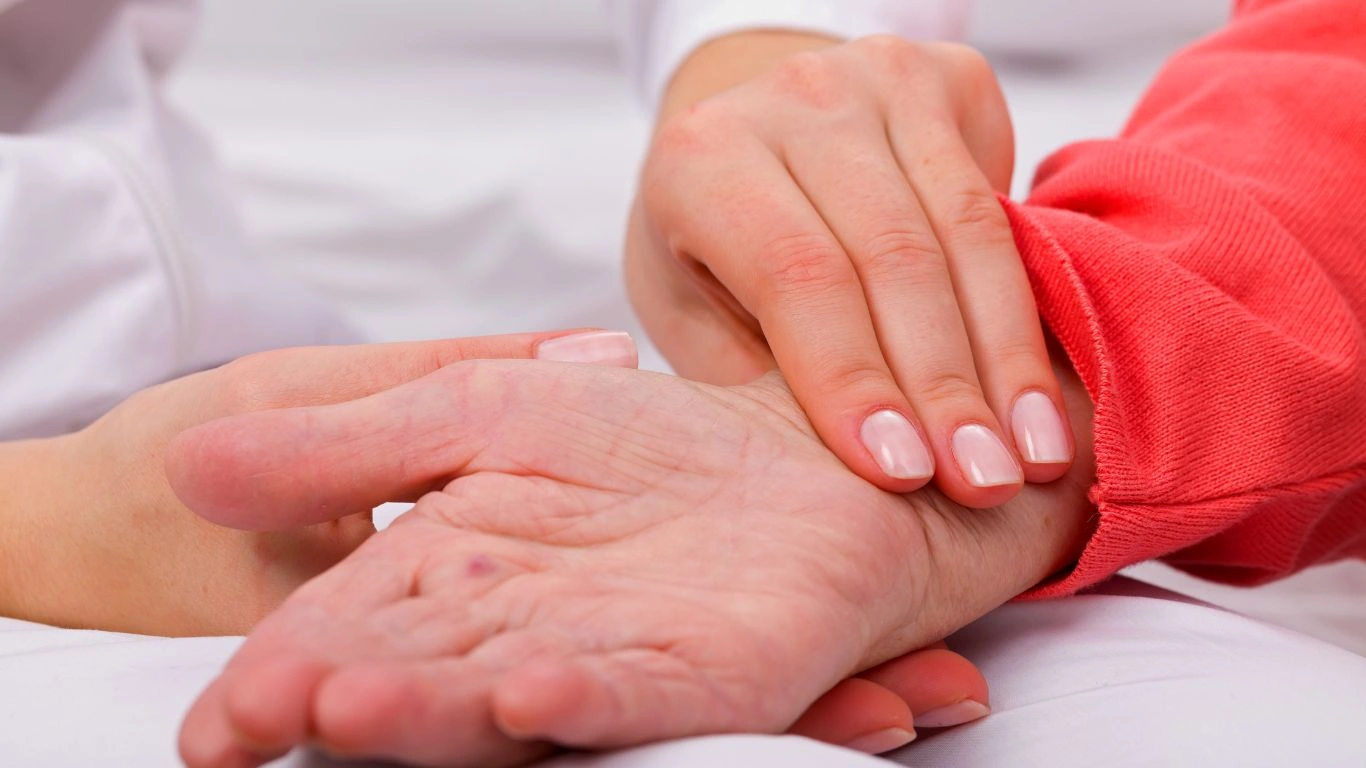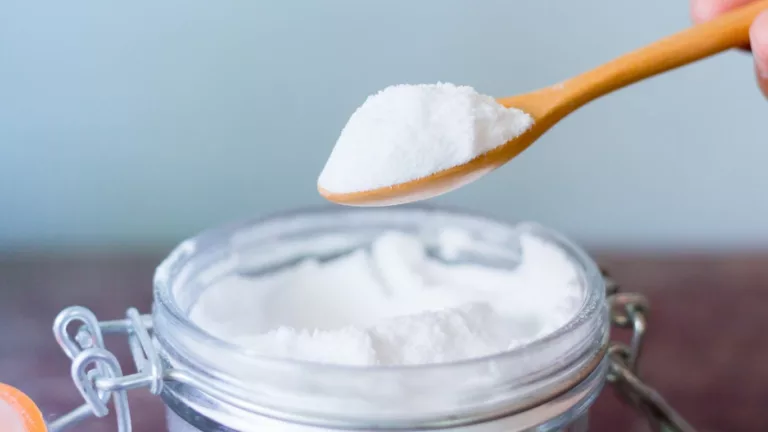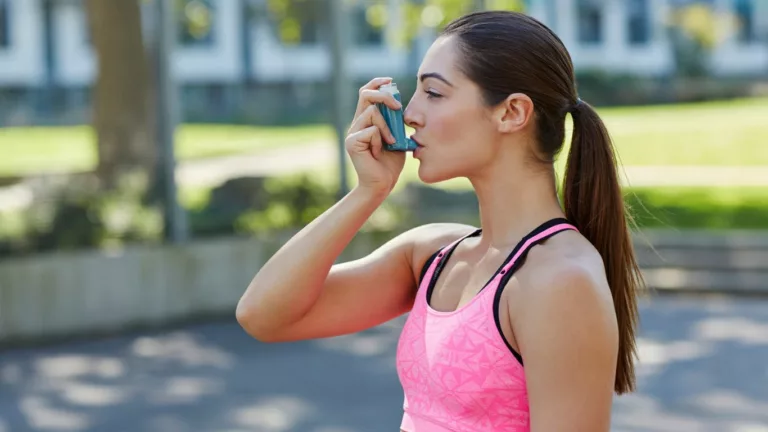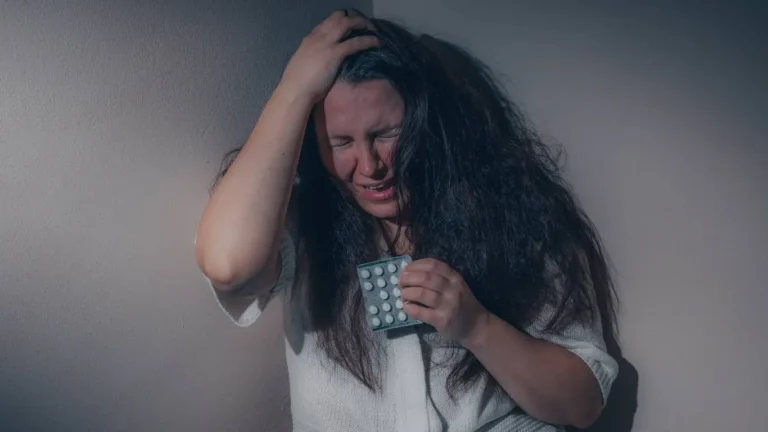High Blood Pressure and Energy Drinks Risks: Protect Your Health
As a hypertension expert with years of experience helping individuals manage and reduce high blood pressure, I’ve seen firsthand the impact that seemingly harmless habits can have on your health. One of the most surprising culprits? Energy drinks. Many people turn to these beverages for a quick energy boost, especially when feeling sluggish or tired. But what most don’t realize is that these drinks can be a major risk factor for high blood pressure. The combination of caffeine, sugar, and other stimulants in energy drinks can cause a spike in your blood pressure, putting unnecessary strain on your cardiovascular system.
What’s Really in Energy Drinks?
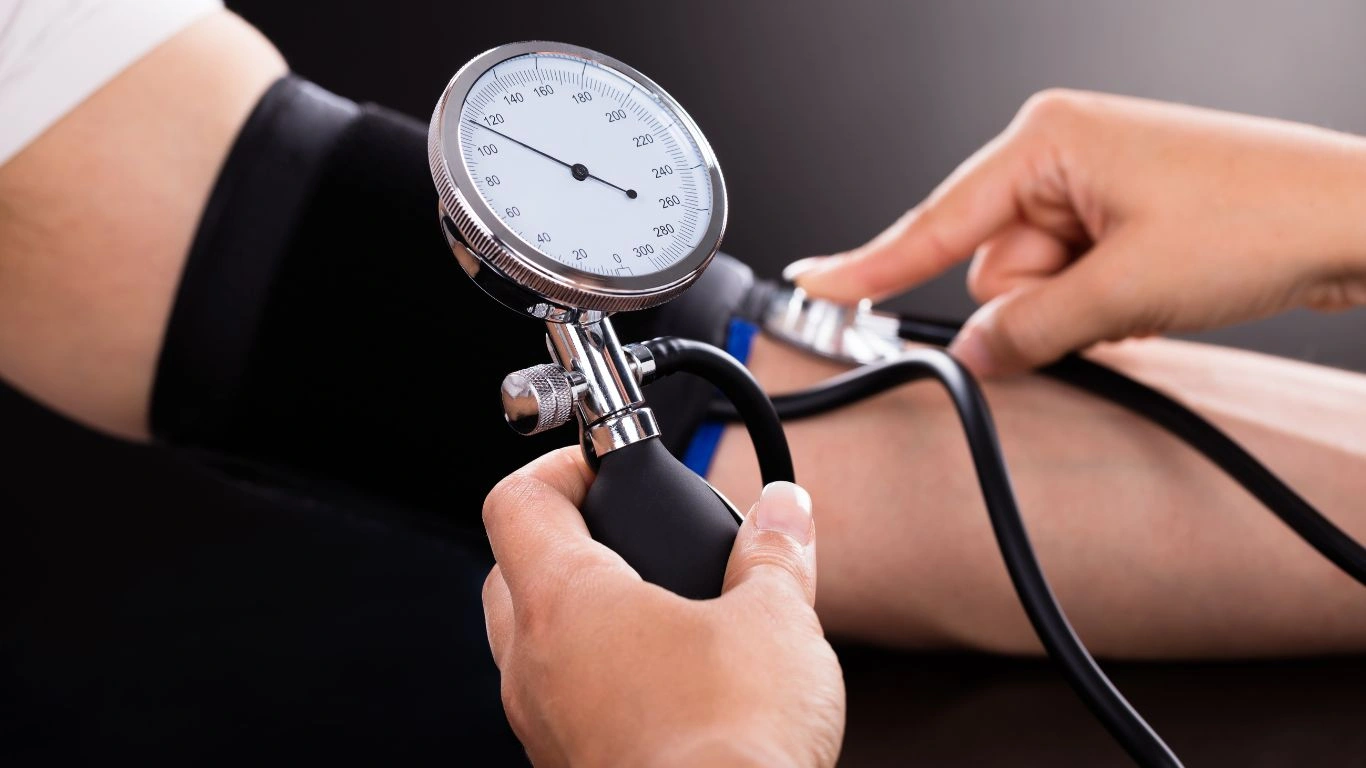
Before we dive into the specifics of how energy drinks can affect your blood pressure, let’s take a closer look at what’s actually inside them. While the ingredients may vary slightly between brands, there are a few common components you’ll find in nearly every energy drink on the market:
- Caffeine: This is the primary active ingredient responsible for the energy-boosting effects of these drinks. In some cases, energy drinks can contain up to three times the amount of caffeine found in a cup of coffee!
- Sugar: Most energy drinks are loaded with sugar, which can contribute to weight gain and increase your risk for other health problems, including high blood pressure.
- Taurine: An amino acid often found in energy drinks, taurine is believed to have various physiological effects, but its long-term impact on blood pressure remains unclear.
- Guarana: This plant extract contains caffeine and is sometimes added to energy drinks to enhance the stimulant effect.
- B Vitamins: Often included to help support metabolism and energy production, although in large doses, they might cause unwanted side effects.
The Link Between Energy Drinks and High Blood Pressure
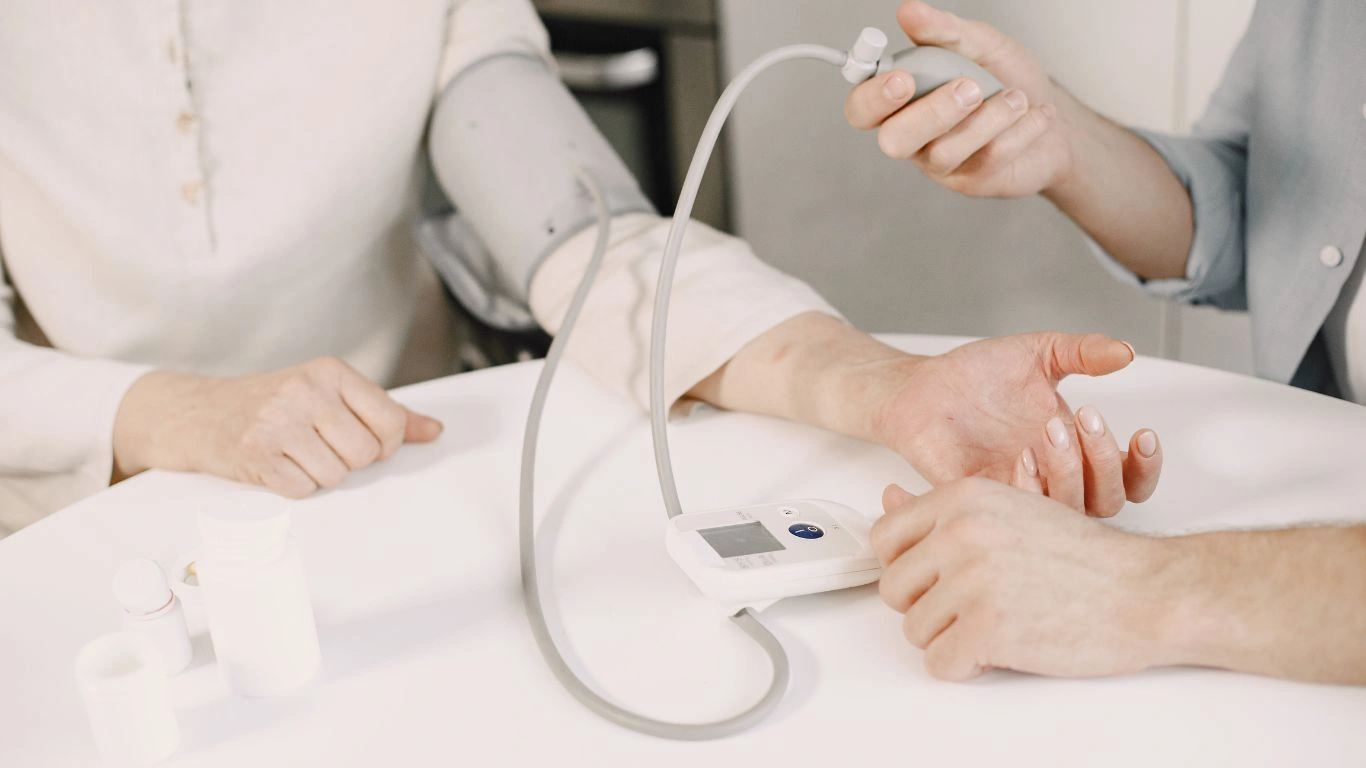
So, how exactly do energy drinks affect your blood pressure? The short answer is that the ingredients in these drinks—especially caffeine—can cause a temporary increase in blood pressure. Let me walk you through how this happens.
Caffeine and Blood Pressure: What You Need to Know
Caffeine is a stimulant that has a direct effect on your heart and blood vessels. When you consume caffeine, it can cause your blood vessels to constrict, which increases the resistance your heart has to work against when pumping blood. This means your heart has to work harder, raising your blood pressure. While the effects of caffeine on blood pressure can vary from person to person, regular consumption of high amounts can lead to sustained increases in blood pressure over time. And this is where the risks start stacking up, especially for individuals who are already at risk for hypertension.
The Sugar Factor
In addition to caffeine, energy drinks are often loaded with sugar. While the sugar content might give you a quick rush of energy, it can also contribute to weight gain and insulin resistance, both of which are risk factors for high blood pressure. Over time, excess sugar consumption can lead to chronic conditions like metabolic syndrome, which often accompanies hypertension.
Personal Experience: The Surprising Effects
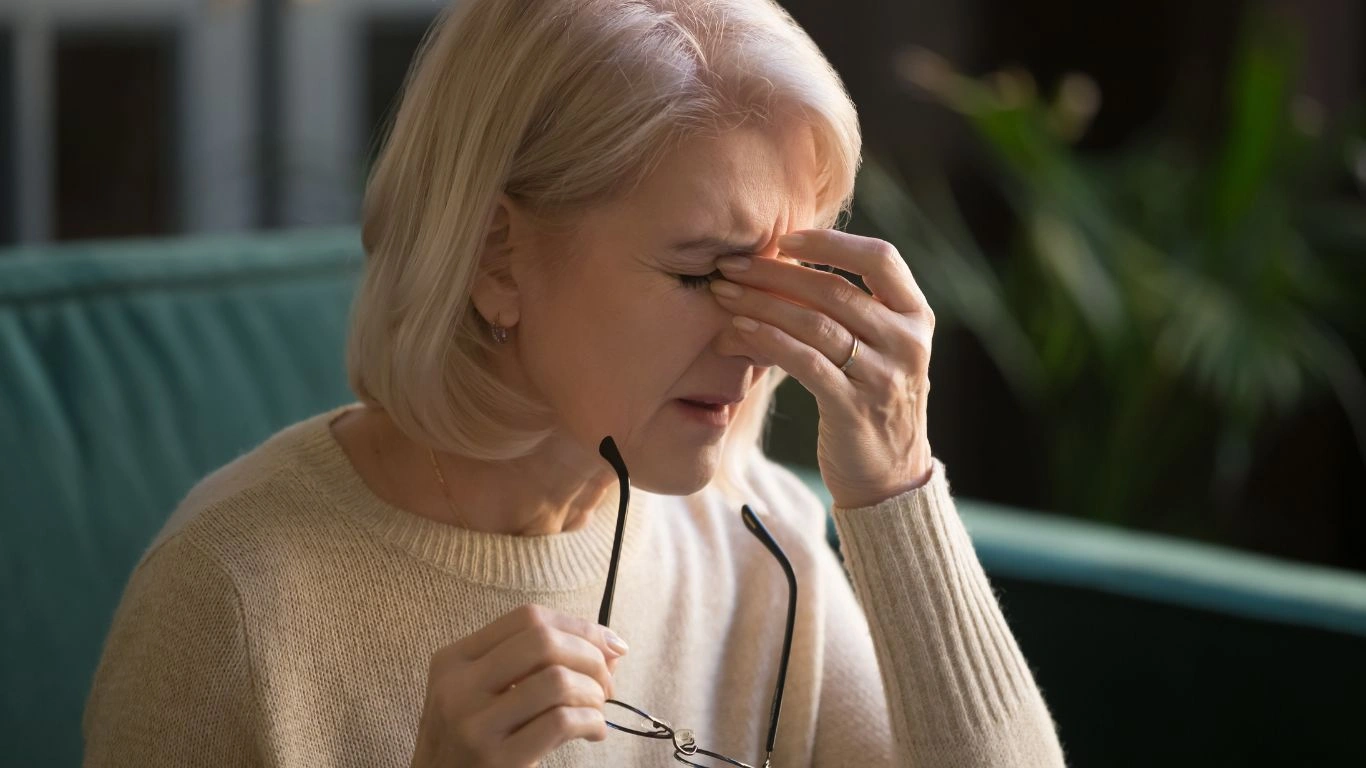
Let me share a personal story to drive home how energy drinks can sneak up on you. A few years ago, I had a patient who was a young professional working long hours and constantly reaching for energy drinks to keep him going. He didn’t think much about the occasional can of Monster or Red Bull—until his blood pressure readings started to skyrocket. At first, he thought it was just stress, but after a detailed assessment and discussing his lifestyle, it became clear that his daily intake of these sugary, caffeinated beverages was playing a major role in his hypertension. It was eye-opening, not just for him, but for me as well, as it reinforced how easy it is to overlook the health risks of something so popular in our daily routines.
Are Energy Drinks Safe for Everyone?
Energy drinks are not inherently dangerous for everyone, but there are definitely certain groups of people who should be more cautious about consuming them. For instance, people with existing hypertension, heart conditions, or those who are pregnant should avoid them or limit their intake significantly. For others, it’s important to understand the potential risks and be mindful of how these drinks can affect your health over time.
What About Young People?
As much as adults are vulnerable to the effects of energy drinks, the risk is even greater for adolescents and young adults. Studies have shown that young people are more likely to experience rapid spikes in blood pressure and other heart-related issues after consuming energy drinks. This is especially concerning because their cardiovascular systems are still developing. If you’re a parent or caretaker, this is an important conversation to have with your teens or young adults.
When Energy Drinks Become a Habit
Another major issue is the habit-forming nature of energy drinks. What starts as an occasional pick-me-up can quickly turn into a daily ritual. Over time, your body becomes accustomed to the extra energy boost, making you crave more. This cycle can lead to greater caffeine tolerance, which means you need more of the drink to achieve the same effects. Not only does this further increase your blood pressure, but it also puts your heart under unnecessary stress. Trust me, I’ve seen patients who started with one drink a day and ended up drinking multiple cans just to feel normal.
How to Protect Your Heart Without Giving Up Energy
If you’re someone who loves a good energy boost but is concerned about your blood pressure, don’t worry—there are ways to get the pick-me-up you need without putting your health at risk. You don’t have to completely give up energy drinks, but moderation and awareness are key. In the next section, we’ll explore some healthier alternatives and practical tips to manage your energy levels while keeping your blood pressure in check.
Healthier Alternatives to Energy Drinks

If you’re someone who relies on energy drinks to keep you going, it can feel impossible to give them up. But trust me—there are better ways to fuel your body without the risks that come with high caffeine and sugar. Over the years, I’ve worked with many patients who made the transition from energy drinks to healthier alternatives, and the results have been encouraging. Not only did their blood pressure improve, but their energy levels became more consistent throughout the day. Let’s dive into some of the options that can give you that boost without the heart-racing effects.
Natural Energy Drinks
First off, there are natural energy drinks that can still give you the lift you’re looking for, but without the harsh side effects. These often contain less caffeine and sugar, relying instead on ingredients like green tea, ginseng, and electrolytes to keep you hydrated and energized. They also usually have fewer artificial ingredients and preservatives, which is a big plus for your overall health.
Green tea is a fantastic option because it has just enough caffeine to give you a boost, but it also contains antioxidants that can protect your heart and overall well-being. Plus, the amino acid L-theanine in green tea helps to smooth out the effects of caffeine, preventing the jittery feeling you sometimes get from energy drinks.
Fruit-Infused Water
If you’re looking for something with zero caffeine, fruit-infused water can be a game-changer. Adding slices of citrus fruits like lemon, lime, or orange to your water not only makes it more flavorful, but it also gives you a refreshing, natural energy boost. The hydration alone will help you feel more alert and focused throughout the day.
Some people also like to add herbs like mint or ginger to their infused water, which can further aid digestion and promote a feeling of well-being. You can even get creative with other fruits and veggies, like cucumber or berries, to suit your taste preferences!
Herbal Teas and Smoothies
Another excellent way to energize your body naturally is through herbal teas or smoothies. Herbal teas like peppermint and ginger have been shown to boost energy and focus, and they’re a much healthier alternative to an energy drink. These teas are also rich in antioxidants, which can help reduce inflammation and improve circulation—critical for heart health.
When it comes to smoothies, the sky’s the limit. You can add a mix of fruits, vegetables, and even protein powder to create a nutrient-packed drink that’ll fuel your body without spiking your blood sugar. Add a handful of spinach, some frozen berries, a banana, and a scoop of protein powder, and you’ve got yourself a delicious and satisfying energy boost!
How Lifestyle Changes Can Help Boost Your Energy Naturally
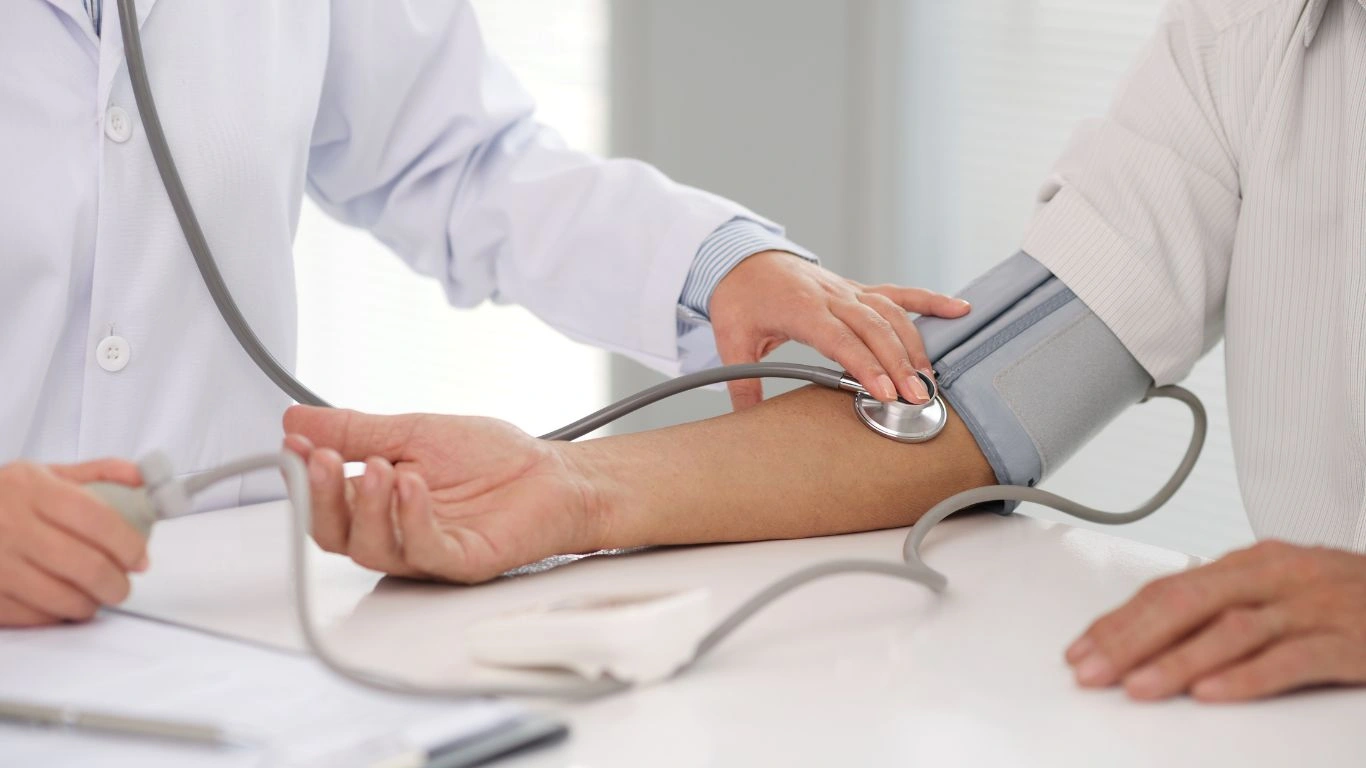
Now that we’ve talked about some great alternatives to energy drinks, let’s take a look at some lifestyle changes that can help you maintain consistent energy levels throughout the day. As much as we love a quick fix, true, sustained energy comes from a combination of good habits and healthy choices. Over the years, I’ve seen many patients make significant improvements just by tweaking their daily routines.
Get Moving: Exercise for Consistent Energy
One of the best ways to increase your natural energy is through regular exercise. I know, I know—after a long day, the last thing you want to do is hit the gym. But hear me out: Exercise actually boosts your energy levels by improving circulation, strengthening your heart, and increasing your overall stamina. Plus, regular physical activity has been shown to help regulate your blood pressure, which is a win-win for both energy and heart health.
It doesn’t have to be an intense workout every time. A brisk walk, a short yoga session, or even a 15-minute bodyweight workout can do wonders for your energy levels. Consistency is key, so find something you enjoy and stick with it!
Eat to Fuel Your Body
We’ve all been there—skipping meals or grabbing junk food on the go. But if you want to maintain your energy levels throughout the day, it’s crucial to focus on balanced, nutritious meals. Eating smaller, more frequent meals with a mix of healthy fats, proteins, and complex carbohydrates can keep your energy stable and prevent those afternoon slumps.
For example, try incorporating foods like avocados, whole grains, lean proteins (like chicken or tofu), and a variety of colorful vegetables into your meals. These foods provide a steady stream of energy and can help keep your blood sugar levels in check, which is especially important for managing high blood pressure.
Sleep: The Secret to Recharged Energy
Never underestimate the power of a good night’s sleep. Sleep is when your body does most of its repair and restoration, including regulating your hormones, heart function, and energy levels. If you’re constantly reaching for energy drinks to stay awake, it could be a sign that your body isn’t getting the rest it needs.
Aim for 7-9 hours of quality sleep per night. If you’re having trouble falling asleep, try incorporating some calming bedtime rituals, like reading or meditation, to help you wind down. Your body (and your blood pressure) will thank you.
The Bottom Line: Moderation is Key
If you’re someone who enjoys an occasional energy drink, it’s okay. The key is moderation. It’s when these drinks become a daily habit that the risks to your heart and blood pressure really start to add up. If you’re concerned about your blood pressure or energy levels, I encourage you to experiment with some of the alternatives we’ve discussed. Not only will your heart thank you, but you’ll probably find yourself feeling more consistently energized throughout the day—without the rollercoaster crashes that often come with energy drinks.
Remember, your heart and overall health are invaluable. Small changes can make a big difference, and with a little effort, you can boost your energy naturally and safely!
Case Studies & Real-Life Examples

To bring everything we’ve discussed so far to life, let me share a couple of real-world examples. These stories illustrate just how impactful small changes can be, especially when it comes to managing your blood pressure and boosting your energy without relying on risky energy drinks.
Case Study 1: Sarah’s Story
Sarah, a 32-year-old professional, came to me for a routine check-up after experiencing fatigue and a few dizzy spells. She was a regular energy drink consumer, often relying on them during long office hours to stay awake and focused. When we ran some tests, her blood pressure was elevated—something she hadn’t really noticed until it started affecting her day-to-day life. Her family had a history of hypertension, so this was a red flag.
We discussed her lifestyle, and I suggested she gradually replace the energy drinks with healthier alternatives like green tea and herbal infusions. We also focused on incorporating more heart-healthy foods into her diet and adding short, daily walks to improve her circulation. After about three months, Sarah came back for a follow-up, and her blood pressure had improved significantly. She felt more energetic, and even her work performance had gotten better. She admitted it was tough at first to cut back on energy drinks, but the improvements to her health were undeniable.
Case Study 2: Mark’s Transformation
Mark, a 45-year-old who had been struggling with high blood pressure for years, was drinking two to three energy drinks a day. He had a sedentary job, often sitting for long hours and rarely exercising. His blood pressure readings were consistently high, and he was on medication to manage it.
After discussing his daily habits and dietary choices, I recommended that he cut back on energy drinks and replace them with water and natural energy sources like smoothies and green juices. We also created an exercise plan that included simple at-home workouts. Within six weeks, Mark reported feeling more energized and noticed a decrease in his need for caffeine. After a few months, his blood pressure began to stabilize without increasing his medication dosage, which was a huge win. Mark’s story is proof that with the right approach, small lifestyle changes can lead to significant improvements in both energy and heart health.
Key Takeaways: What You Need to Remember
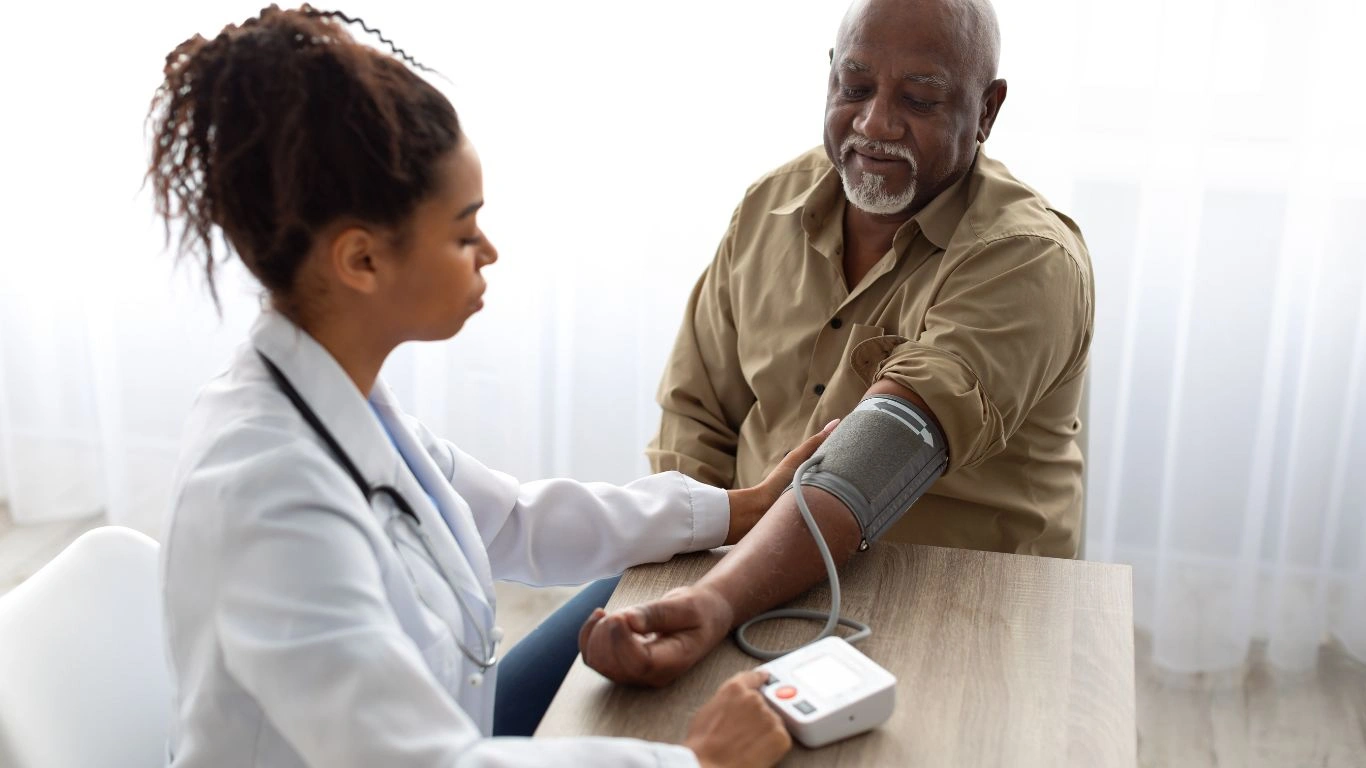
As we wrap up, here are the most important takeaways from everything we’ve discussed in this article. Whether you’re already dealing with high blood pressure or you’re just looking to improve your overall health, these points can serve as a helpful guide for making better choices:
- Energy drinks can raise your blood pressure: The combination of high caffeine and sugar in most energy drinks can lead to spikes in blood pressure, which can be especially risky for people with hypertension or those at risk.
- Moderation is key: While the occasional energy drink isn’t likely to do significant harm, regular consumption can have long-term negative effects on your cardiovascular health.
- Natural alternatives work: You don’t have to rely on sugar-loaded beverages to get energy. Try switching to green tea, herbal teas, or fruit-infused water to stay hydrated and energized.
- Lifestyle changes matter: Consistent physical activity, balanced nutrition, and enough sleep are all essential for maintaining healthy energy levels and blood pressure.
- Consult your healthcare provider: If you’re struggling with high blood pressure, it’s always best to consult a healthcare professional who can help you navigate your options and make the best decisions for your health.
FAQs
Here are some common questions I get asked about energy drinks and blood pressure:
1. Can energy drinks cause permanent high blood pressure?
Energy drinks can cause temporary spikes in blood pressure, but the long-term effects depend on how often they’re consumed and an individual’s overall health. If you already have high blood pressure or are at risk, regularly drinking energy drinks could contribute to long-term problems.
2. Are there any energy drinks that are safe for people with hypertension?
Some energy drinks contain lower levels of caffeine and sugar, but even these should be consumed sparingly if you have high blood pressure. It’s always a good idea to consult your doctor before introducing any energy drinks into your diet, especially if you’re managing hypertension.
3. How can I get more energy without drinking energy drinks?
Natural alternatives like green tea, smoothies, and adequate hydration can provide a steady boost of energy. Incorporating regular exercise, eating balanced meals, and getting enough sleep will also help maintain your energy levels throughout the day.
Bonus: Additional Resources or DIY Tips
Here are a few more resources and tips to help you manage your energy levels and blood pressure:
- Try Yoga or Meditation: Both practices can help reduce stress, which is a major factor in high blood pressure. Even just 10 minutes a day can make a big difference!
- Meal Prep for Success: Preparing your meals ahead of time can help you make healthier choices and avoid the temptation of unhealthy snacks or fast food.
- Stay Hydrated: Proper hydration is essential for maintaining energy levels. Aim to drink at least 8 glasses of water a day, more if you’re physically active.
Appendix: Table, References, Disclaimer, and Call to Action
Table of Energy Drinks and Their Effects on Blood Pressure:
| Energy Drink | Caffeine Content | Sugar Content | Potential Risks |
|---|---|---|---|
| Monster | 160 mg per 16 oz | 54g | Temporary blood pressure spikes, heart palpitations |
| Red Bull | 80 mg per 8.4 oz | 27g | Increased heart rate, blood pressure spikes |
| 5-hour Energy | 200 mg per 2 oz | 8g | Elevated blood pressure, dehydration |
References:
Health Usias – Heart Health & Blood Pressure Management,
National Institutes of Health – Effects of Caffeine on Blood Pressure.
Disclaimer: This article is for informational purposes only and should not replace medical advice. Always consult with your healthcare provider before making any changes to your diet or lifestyle.
Call to Action: If you found this article helpful, please feel free to share it with others who may benefit from this information. Remember, managing your blood pressure is a journey, and every small change counts!

Dr. Gwenna Aazee is a board-certified Internal Medicine Physician with a special focus on hypertension management, chronic disease prevention, and patient education. With years of experience in both clinical practice and medical writing, she’s passionate about turning evidence-based medicine into accessible, actionable advice. Through her work at Healthusias.com, Dr. Aazee empowers readers to take charge of their health with confidence and clarity. Off the clock, she enjoys deep dives into nutrition research, long walks with her rescue pup, and simplifying medical jargon one article at a time.

